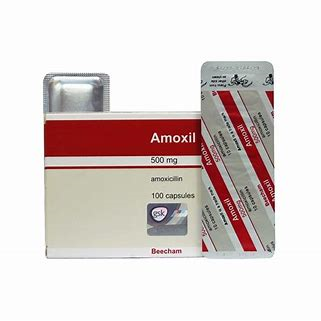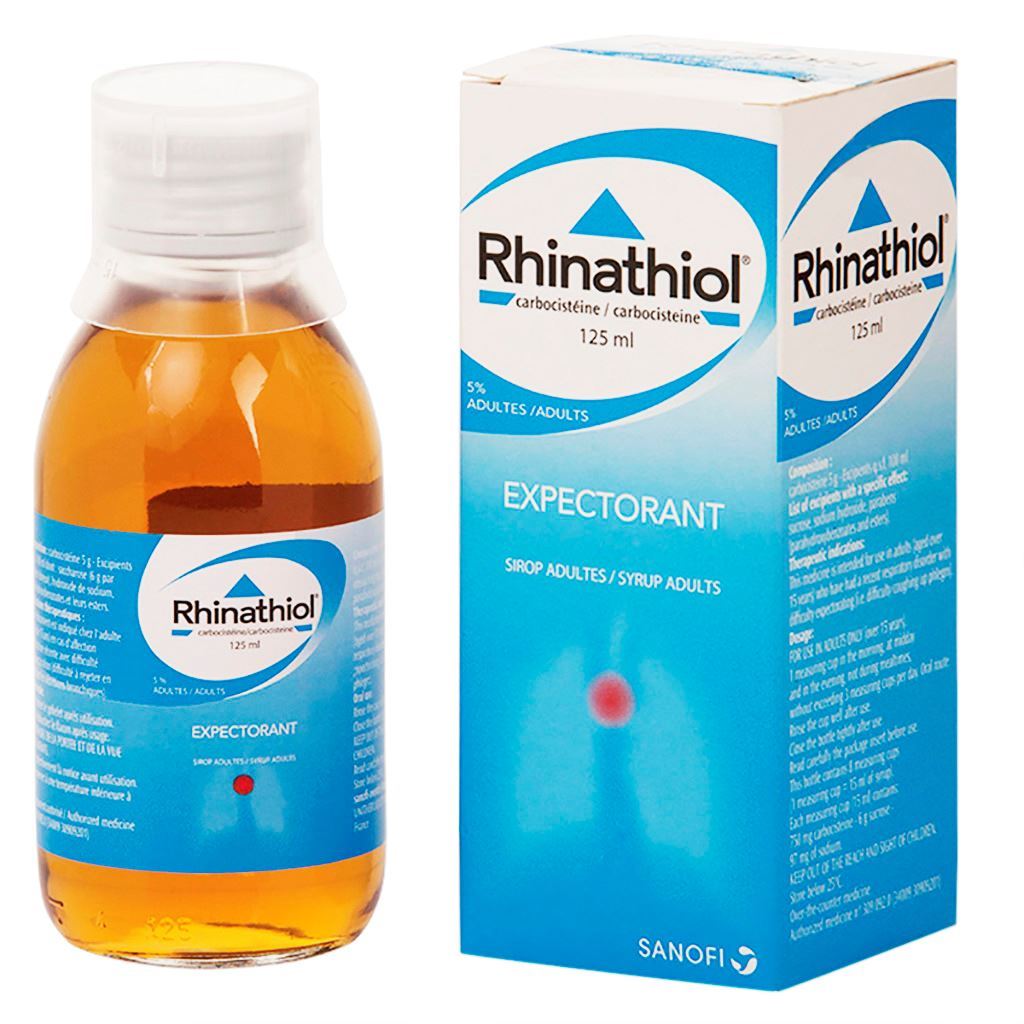Amoxil 500mg Capsules
Amoxil 500mg Capsules
Amoxil Is Used To Treat Many Different Types Of Infection Caused By Bacteria, Such As Tonsillitis, Bronchitis, Pneumonia, Gonorrhea, And Infections Of The Ear, Nose, Throat, Skin, ...
Amoxil Is Used To Treat Many Different Types Of Infection Caused By Bacteria, Such As Tonsillitis, Bronchitis, Pneumonia, Gonorrhea, And Infections Of...
Brand: Brand
Ingredient: Amoxicillin
₦3,600.00
Out of Stock
See OptionsSame day delivery available
Dosages:
Package Sizes:
Prescription can be uploaded at checkout, or provided and verified at pickup/delivery of the medicine in question.
90 - Day Buyer Protection
Money back guarantee
100% Quality Products
Buy top standard
Sanitized & Packaged Safely
Choose for contactless delivery
About this item
Amoxil (amoxicillin) is a penicillin antibiotic that fights bacteria. Amoxil is used to treat many different types of infection caused by bacteria, such as tonsillitis, bronchitis, pneumonia, and infections of the ear, nose, throat, skin, or urinary tract.
Amoxil is also sometimes used together with another antibiotic called clarithromycin (Biaxin) to treat stomach ulcers caused by Helicobacter pylori infection. This combination is sometimes used with a stomach acid reducer called lansoprazole (Prevacid).
Before taking this medicine
You should not use Amoxil if you are allergic to any penicillin antibiotic, such as ampicillin, dicloxacillin, oxacillin, penicillin, or ticarcillin.
To make sure Amoxil is safe for you, tell your doctor if you have:
kidney disease;
mononucleosis (also called "mono");
diarrhea caused by taking antibiotics; or
food or drug allergies (especially to a cephalosporin antibiotic such as Omnicef, Cefzil, Ceftin, Keflex, and others).
Amoxil side effects:
- Get emergency medical help if you have signs of an allergic reaction to Amoxil (hives, difficult breathing, swelling in your face or throat) or a severe skin reaction (fever, sore throat, burning eyes, skin pain, red or purple skin rash with blistering and peeling).
Call your doctor at once if you have:
- severe stomach pain; or
- diarrhea that is watery or bloody (even if it occurs months after your last dose).
- Common Amoxil side effects may include:
- nausea, vomiting, diarrhea; or
- rash.
How should I take Amoxil
- Take Amoxil exactly as prescribed by your doctor. Follow all directions on your prescription label and read all medication guides or instruction sheets.
- Take Amoxil at the same time each day.
- Shake the oral suspension (liquid) before you measure a dose.
- Measure liquid medicine with the dosing syringe provided, or use a medicine dose-measuring device (not a kitchen spoon). You may mix the liquid with water, milk, baby formula, fruit juice, or ginger ale. Drink all of the mixture right away. Do not save for later use.
- You may need frequent medical tests.
- If you are taking Amoxil with clarithromycin and/or lansoprazole to treat stomach ulcer, use all of your medications as directed. Read the medication guide or patient instructions provided with each medication. Do not change your doses or medication schedule without your doctor's advice.
- Use this medicine for the full prescribed length of time, even if your symptoms quickly improve. Skipping doses can increase your risk of infection that is resistant to medication. Amoxil will not treat a viral infection such as the flu or a common cold.
- Do not share this medicine with another person, even if they have the same symptoms you have.
- This medicine can affect the results of certain medical tests. Tell any doctor who treats you that you are using amoxicillin.
- Store at room temperature away from moisture, heat, and light.
- You may store liquid Amoxil in a refrigerator but do not allow it to freeze. Throw away any liquid Amoxil that is not used within 14 days after it was mixed at the pharmacy.
Space the doses evenly throughout the day. Keep taking this medicine until the course is finished, unless you are told to stop.
What happens if I miss a dose?
- Skip the missed dose and use your next dose at the regular time. Do not use two doses at one time.
What happens if I overdose?
- Seek emergency medical attention
What to avoid
Antibiotic medicines can cause diarrhea, which may be a sign of a new infection. If you have diarrhea that is watery or bloody, call your doctor before using anti-diarrhea medicine.
null
About this item
Amoxil (amoxicillin) is a penicillin antibiotic that fights bacteria. Amoxil is used to treat many different types of infection caused by bacteria, such as tonsillitis, bronchitis, pneumonia, and infections of the ear, nose, throat, skin, or urinary tract.
Amoxil is also sometimes used together with another antibiotic called clarithromycin (Biaxin) to treat stomach ulcers caused by Helicobacter pylori infection. This combination is sometimes used with a stomach acid reducer called lansoprazole (Prevacid).
Before taking this medicine
You should not use Amoxil if you are allergic to any penicillin antibiotic, such as ampicillin, dicloxacillin, oxacillin, penicillin, or ticarcillin.
To make sure Amoxil is safe for you, tell your doctor if you have:
kidney disease;
mononucleosis (also called "mono");
diarrhea caused by taking antibiotics; or
food or drug allergies (especially to a cephalosporin antibiotic such as Omnicef, Cefzil, Ceftin, Keflex, and others).
Amoxil side effects:
- Get emergency medical help if you have signs of an allergic reaction to Amoxil (hives, difficult breathing, swelling in your face or throat) or a severe skin reaction (fever, sore throat, burning eyes, skin pain, red or purple skin rash with blistering and peeling).
Call your doctor at once if you have:
- severe stomach pain; or
- diarrhea that is watery or bloody (even if it occurs months after your last dose).
- Common Amoxil side effects may include:
- nausea, vomiting, diarrhea; or
- rash.
How should I take Amoxil
- Take Amoxil exactly as prescribed by your doctor. Follow all directions on your prescription label and read all medication guides or instruction sheets.
- Take Amoxil at the same time each day.
- Shake the oral suspension (liquid) before you measure a dose.
- Measure liquid medicine with the dosing syringe provided, or use a medicine dose-measuring device (not a kitchen spoon). You may mix the liquid with water, milk, baby formula, fruit juice, or ginger ale. Drink all of the mixture right away. Do not save for later use.
- You may need frequent medical tests.
- If you are taking Amoxil with clarithromycin and/or lansoprazole to treat stomach ulcer, use all of your medications as directed. Read the medication guide or patient instructions provided with each medication. Do not change your doses or medication schedule without your doctor's advice.
- Use this medicine for the full prescribed length of time, even if your symptoms quickly improve. Skipping doses can increase your risk of infection that is resistant to medication. Amoxil will not treat a viral infection such as the flu or a common cold.
- Do not share this medicine with another person, even if they have the same symptoms you have.
- This medicine can affect the results of certain medical tests. Tell any doctor who treats you that you are using amoxicillin.
- Store at room temperature away from moisture, heat, and light.
- You may store liquid Amoxil in a refrigerator but do not allow it to freeze. Throw away any liquid Amoxil that is not used within 14 days after it was mixed at the pharmacy.
Space the doses evenly throughout the day. Keep taking this medicine until the course is finished, unless you are told to stop.
What happens if I miss a dose?
- Skip the missed dose and use your next dose at the regular time. Do not use two doses at one time.
What happens if I overdose?
- Seek emergency medical attention
What to avoid
Antibiotic medicines can cause diarrhea, which may be a sign of a new infection. If you have diarrhea that is watery or bloody, call your doctor before using anti-diarrhea medicine.
null
Check these Out!
Frequently Bougth with ...
Didn’t find your meds. Don’t worry. Chat us on whatsapp
Chat with a PharmacistProducts related to this item
See allBest Selling Products
Arrives 1-4 hrs nationwide
Postinor 2 Emergency Cont...
Postinor-2, Commonly Known As The Morning-after Pill, Is Used Only As ...Arrives 1-4 hrs nationwide
Postpill
POSTPILL Is An Essential Emergency Contraceptive Pill (often Called Th...₦3,600.00



















